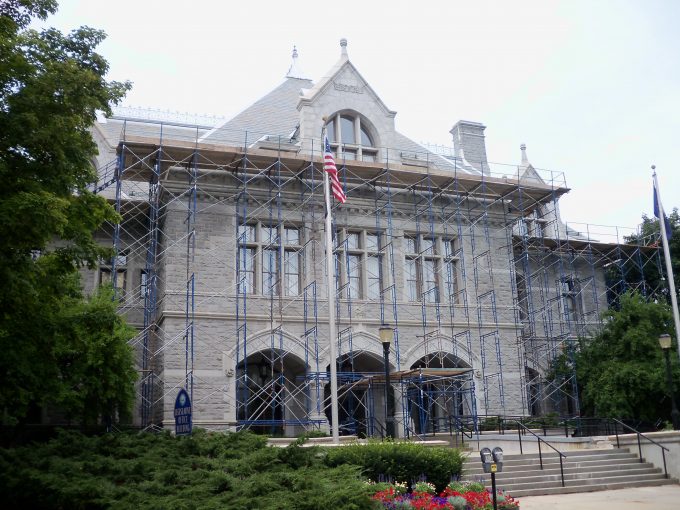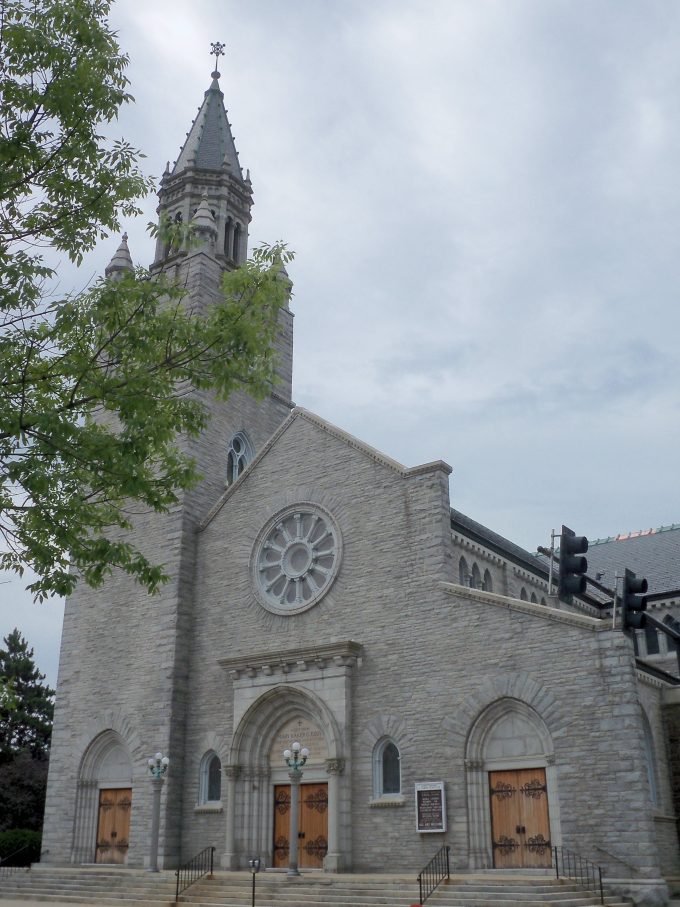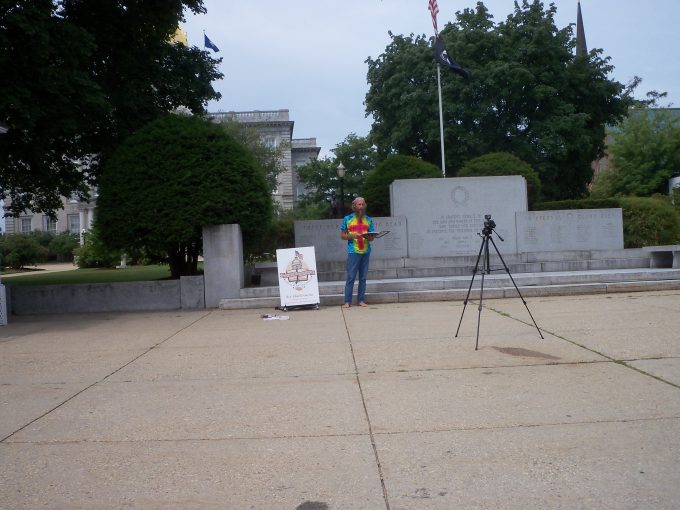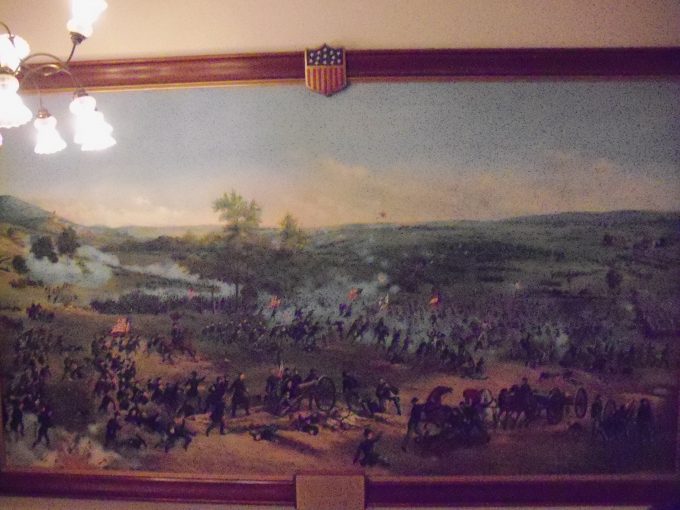
Tuesday, 26 March 2019
By faith they passed through the Red Sea as by dry land, whereas the Egyptians, attempting to do so, were drowned. Hebrews 11:29
The author, speaking of the time of Moses, now goes from the singular, “he,” of verses 27 & 28 and includes the entire congregation of Israel by saying, “By faith they.” This corresponds to the word “them” at the end of verse 28. Moses has stood for the whole until that point, and now the whole is said to have possessed the same faith as he did. With the faith of the corporate body revealed, it then says that “they passed through the Red Sea as by dry land.”
The memorable account is recorded in Exodus 13. There was a sea in front of Israel, no way to travel to the right or to the left, and the Egyptians were behind them. The only avenue of escape was for the sea to be divided. The Lord did this. Israel passed through with a wall of water on each side of them, and they were delivered. The words of the New Testament are important in identifying which body of water is meant. The Greek specifically reads Erythran Thalassan, or “the Red Sea.”
The Hebrew words in the Exodus account are yam suph. Many translate this as “the Sea of Reeds,” because suph means “reed.” Because of this, the account of crossing through the Red Sea is often denied and instead it is said that Israel simply passed through a shallow marsh or one of the bitter lakes.
This is incorrect. First, the word suph as a verb means “end,” such as in the termination of something. Thus, the sea could be known as “the sea at the ending,” which is in relation to the land of Israel where the land ends at one of the fingers of the Red Sea. This is seen in 1 Kings which uses the same term, yam suph –
“King Solomon also built a fleet of ships at Ezion Geber, which is near Elath on the shore of the Red Sea, in the land of Edom.” 1 Kings 9:26
The locations Elath and Edom show without a doubt what this means. The Bible is simply using a term where Israel is situated as its reference point. This occurs elsewhere in the Exodus account as well. Further, one would not build a fleet of ships for sailing in the ocean and place them in a marshy sea of reeds. And finally, the New Testament definitively identifies the body in this verse (and elsewhere) as Erythran Thalassan, or Red Sea. This corresponds to the Greek translation of the Old Testament of these passages. Thus it was always understood to be the Red Sea, not a swampy marsh of reeds.
Understanding that this is the body of water, and not a shallow lake of reeds, the verse then says, “whereas the Egyptians, attempting to do so, were drowned.” The Greek literally reads, “were swallowed up.” This then corresponds to the words of the Song of Moses in Exodus 15:12 –
“You stretched out Your right hand;
The earth swallowed them.”
They were drowned, but they were also swallowed up as if consumed in a meal. The difference in fate between Israel and the Egyptians came down to one word, faith. The people believed in the Lord, and they were delivered by Him. The Egyptians didn’t, and they were swallowed up.
Life application: As noted above, while at the final point before crossing, the Israelites were hemmed in on all sides. The name of the place where they were was Pi Hahiroth, “mouth of caverns.” This indicates they were wholly closed in. The people were certainly afraid and questioned Moses about the decisions which had brought them to the seemingly impossible position they were in, however –
“And Moses said to the people, ‘Do not be afraid. Stand still, and see the salvation of the Lord, which He will accomplish for you today. For the Egyptians whom you see today, you shall see again no more forever. 14 The Lord will fight for you, and you shall hold your peace.’” Exodus 14:13, 14
Following that, it says, “Then Moses stretched out his hand over the sea; and the Lord caused the sea to go back by a strong east wind all that night, and made the sea into dry land, and the waters were divided” (Exodus 14:21).
The entire Egyptian army didn’t drown in knee deep water. If they did, that would be a greater miracle than the parting of the sea. Just as the Israelites had faith and passed through “the Red Sea as by dry land,” so you should have faith that:
1) The Bible’s record of events is true, and
2) God will safely bring you out of whatever bondage, difficulty, or trial you are facing.
Trust in Him with all your heart and soul, even when you’re hemmed in from all sides. Have faith that the Lord loves you and will deliver you.
Lord, from time to time I can feel the walls hemming me in – creditors, bitter family members, physical pains, troubles, trials, and afflictions! But You O God … I trust You to keep me from drowning under this Sea of Woes and to carry me safely and triumphantly to Your better home. Until that day, I rejoice in Your splendid hand. Amen.




